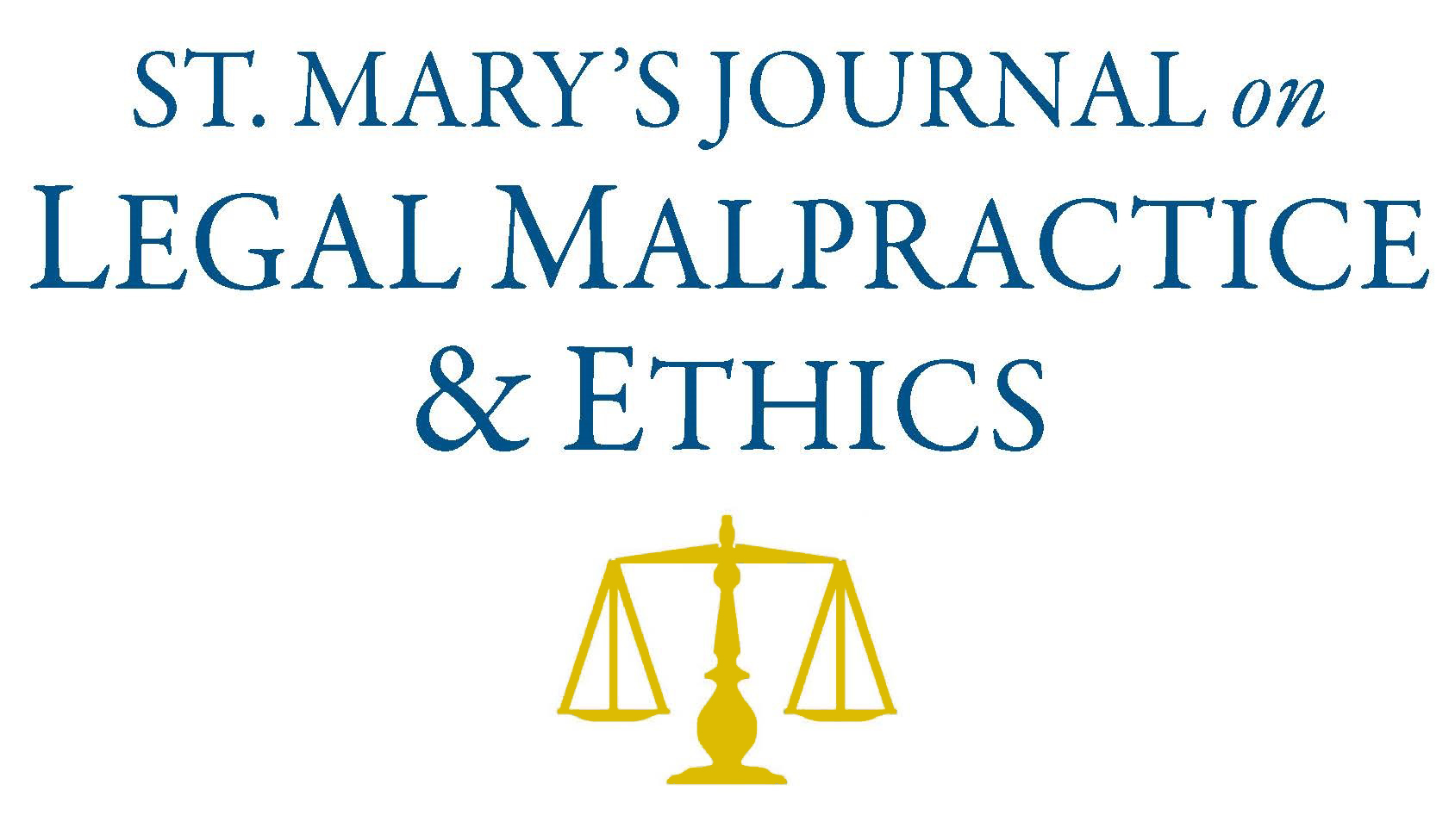
First Page
252
Date Created
7-2018
Publisher
St. Mary's University School of Law
Editor
Martha Alejandra Salas
Last Page
337
Abstract
This Article addresses an issue courts across the country continue to struggle with: When are ethics rules appropriately considered enforceable substantive obligations, and when should they only be enforceable through the disciplinary process? The question is complicated by the ethics rules themselves. Paragraph 20 of the Scope section of the Model Rules of Professional Conduct includes seemingly contradictory guidance; it states the Rules are not to be used to establish civil liability, but also that they can be “some evidence” of a violation of a lawyer’s standard of care. Most states have adopted this paradoxal Paragraph 20 language. Consequently, courts are left to determine when ethics rules should be excluded from consideration in substantive disputes, and when they should be admitted as “some evidence” of a substantive violation. This is the “paradox” this Article addresses—the Paragraph 20 paradox.
Recommended Citation
Donald E. Campbell,
The Paragraph 20 Paradox: An Evaluation of the Enforcement of Ethical Rules As Substantive Law,
8
St. Mary's J. on Legal Malpractice & Ethics
252
(2018).
Available at:
https://commons.stmarytx.edu/lmej/vol8/iss2/2
Included in
Courts Commons, Evidence Commons, Jurisdiction Commons, Legal Education Commons, Legal Ethics and Professional Responsibility Commons, Legal Profession Commons, Legal Remedies Commons, State and Local Government Law Commons

